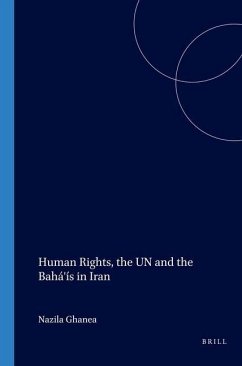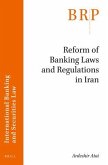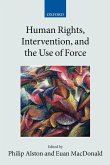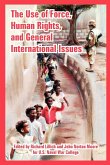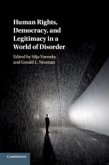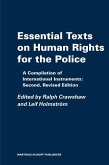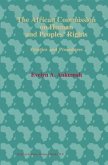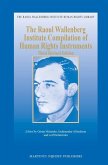This book provides the first comprehensive assessment of the contribution of the United Nations to the human rights situation of the Baha'is in Iran. It does this by examining the theoretical, legal, institutional and political dimensions of this issue in detail. The situation of the Baha'i community in Iran between 1979 and 2002 provides a particularly good test case for the international community due to its clarity. By giving attention to a singular case within a discrete time frame, this book is able to effectively examine the impact of UN human rights protection. Attention is given in this study to the clash between religion and human rights, the protection of freedom of religion or belief in international law, the workings of UN human rights charter-based and treaty bodies and their various mechanisms, and recommendations for the resolution of the Baha'i human rights situation in Iran.
Hinweis: Dieser Artikel kann nur an eine deutsche Lieferadresse ausgeliefert werden.
Hinweis: Dieser Artikel kann nur an eine deutsche Lieferadresse ausgeliefert werden.

